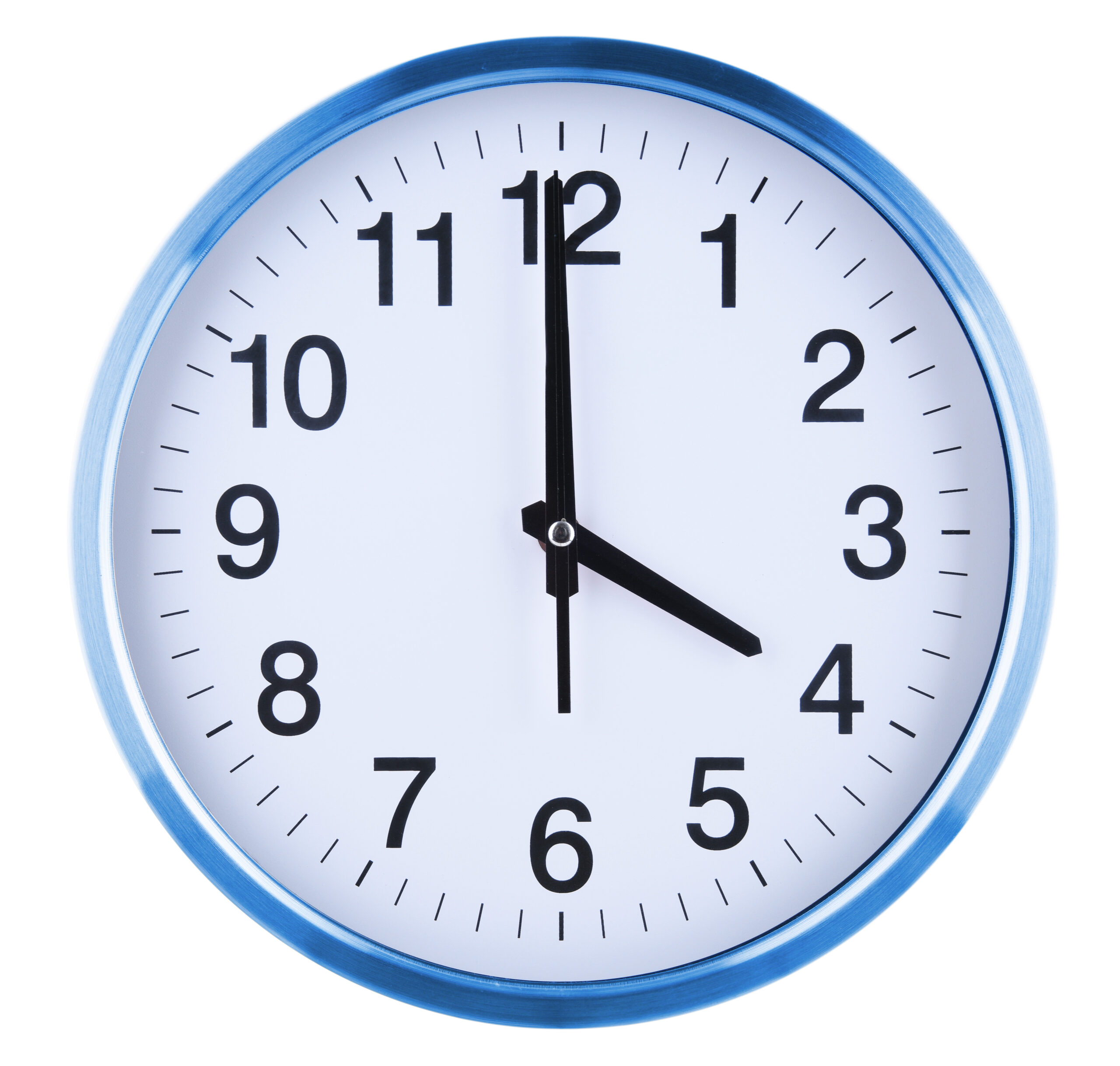Investigating digital health innovations that enable real-time Alzheimer’s monitoring
### Investigating Digital Health Innovations for Real-Time Alzheimer’s Monitoring
Alzheimer’s disease is a complex condition that affects millions of people worldwide. Managing the disease requires continuous monitoring and precise treatment to ensure the best possible outcomes. In recent years, digital health innovations have emerged as powerful tools to support real-time Alzheimer’s monitoring, making it easier for caregivers and healthcare professionals to track the disease’s progression and adjust treatments accordingly. Here, we explore some of the most promising digital health innovations in this field.
#### 1. AI-Driven Brain Mapping
One of the most exciting developments in Alzheimer’s monitoring is the use of AI-driven brain mapping. Vistim Labs, in partnership with HITLAB, is working on an AI-powered brain-mapping algorithm designed to track the progression of Alzheimer’s disease and Parkinson’s disease. This innovative solution uses existing, portable medical equipment like EEG to map brain activity and detect subtle changes that precede symptomatic evidence. The algorithm integrates with PET imaging to provide comprehensive insights into key dementia biomarkers such as amyloid and tau protein levels, brain atrophy, and cognitive performance[1].
#### 2. Transcranial Pulse Stimulation (TPS)
Another significant innovation is Transcranial Pulse Stimulation (TPS), a non-invasive therapy that uses low-energy shock waves to stimulate deep brain regions. Developed at the University of Vienna, TPS has been CE-marked for treating Alzheimer’s disease since 2018. This therapy offers precise stimulation of cerebral regions, making it an ideal choice for addressing the specific areas affected by Alzheimer’s. TPS sessions are short, lasting about 30 minutes, and typically consist of six sessions over two weeks. The treatment is also visualized in real-time using the BodyTrack software, which enhances precision and personalization by displaying individual brain features in three perspectives and automatically adjusting target regions based on handpiece position[2].
#### 3. Speech-Based Mobile Screening Tools
Speech-based mobile screening tools are another area of digital health innovation. These tools use computer-assisted speech analysis to track changes in cognitive function over time. A pilot study from Shanghai, China, demonstrated the effectiveness of speech tasks in predicting current and future cognitive function in older adults. These tools can be used in real-life settings, providing long-term cognitive monitoring and supporting ongoing cognitive health maintenance[3].
#### 4. Digital Assistants and AI Systems
Digital assistants like Amazon Alexa and Google Assistant are also playing a crucial role in Alzheimer’s care. These devices can provide reminders for medicine, appointments, and everyday tasks, helping seniors maintain some control over their lives. They can also engage seniors in activities like trivia games, music, and storytelling, which are essential for slowing cognitive deterioration. Additionally, advanced digital assistants with smart home connections can detect movement and provide alarms if seniors leave the house or forget to turn off appliances, ensuring a safer living environment[4].
#### 5. Conversational AI for Caregivers
Conversational AI systems like ADQueryAid are designed to support caregivers of individuals with Alzheimer’s disease and related dementias. This AI system provides real-time, compassionate assistance, helping caregivers manage everyday challenges such as disruptive behaviors or promoting healthy eating habits. By integrating advanced prompt engineering and a curated knowledge graph of evidence-based resources, ADQueryAid offers personalized guidance tailored to specific caregiving situations. The system has been tested in real-life caregiving scenarios and has shown significant improvements in usability and user satisfaction[5].
### Conclusion
The digital health innovations discussed above represent a transformative approach to Alzheimer’s monitoring and care. These technologies not only enhance the ability to track disease progression but also provide practical tools for caregivers to manage daily challenges. By leveraging AI-driven brain mapping, TPS therapy, speech-based mobile screening tools, digital assistants, and conversational AI systems, we can improve the quality of life for individuals with Alzheimer’s disease and their caregivers. These innovations hold great promise for reshaping the landscape of Alzheimer’s care,





